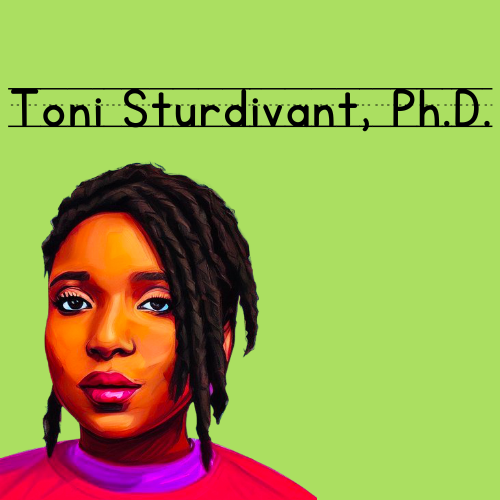Thoughts on Colorism
Colorism, like all the isms, refers to a system of inequity and injustice. In order for injustice to be systemic there must be a clear and predictable way to know who or what benefits and who or what is receiving the injustice. In colorism, those with the darkest skin tones are the ones that receive the injustice and those with lighter are the beneficiaries.
It is essential that we understand this part of colorism. If we simplify colorism as just treating people differently because of the shade of their skin, we not only erase the real and quantifiable harm that colorism has specifically for dark skinned people, but we also leave room for people to center simply being teased for being different.
I was asked to lead a discussion on colorism. It went well but there were clear differences in what some of the 100+ audience members wanted to get out of the discussion. I’d like to use this space to extend the conversation.
Colorism, like all the isms, refers to a system of inequity and injustice. In order for injustice to be systemic there must be a clear and predictable way to know who or what benefits and who or what is receiving the injustice. In colorism, those with the darkest skin tones are the ones that receive the injustice and those with lighter are the beneficiaries.
It is essential that we understand this part of colorism. If we simplify colorism as just treating people differently because of the shade of their skin, we not only erase the real and quantifiable harm that colorism has specifically for dark skinned people, but we also leave room for people to center simply being teased for being different. For example, if a child is teased for having light skin by a group of darker skinned children, that would not be an example of colorism. This is an example of being teased, potentially bullying, but not colorism, specifically. However, the reasoning behind the darker skinned children teasing the lighter skinned child could be colorism. In that, those children may have already internalized differences in the perceived value of skin tones and are teasing the child that benefits from the system as a way to help make themselves feel better about being on the receiving end of injustice. A sort of misery loves company type of thing or hurt people hurt people.
I bring this point up because when audience members starting centering light skinned people and their challenges, including biracial/mixed folks it created a conflict around what the actual discussion was supposed to be about.
An audience member brought up higher incarceration rates for those with darker skin as a way to show that it is harmful to devote time talking about playground teasing when there are persistent societal consequences for simply being darker hued that do not exist for the groups that may have been sometimes teased by children trying to cope with being seen lesser than for their rich tones.
Colorism is a complex topic because it is more easily seen within racial/ethnic groups but it is caused by European colonization and an internalization of messages of anti-blackness.
I chose to frame the conversation around what people within one racial/ethnic group could do to counter sometimes unchecked colorist messages. I could have chosen to focus on policy and advocacy around colorism being codified in law and workplace discrimination policies. I made the decision to focus on everyday interpersonal situations because it is an entry point that is available to most. This is what I suggested:
Reflect on beliefs around beauty and intelligence. Look for colorist messages.
Intentionally watch media that portrays dark skinned people as beautiful, positively impactful, and as protagonist to help to undo implicit biases around skin tone.
Counter or challenge colorist messages amongst friends and family as they come up.
While these entry points may seem too little to some and too great to others, I really do believe that if we collectively engaged in these three basic tasks we could move ourselves to a place in which there was a desire by our communities to do something about colorism at a greater scale. It is my belief that we must first realize how ingrained anti-Blackness is within our preferences and beliefs before we can begin to think about how to eradiacate it.
What do you think?

